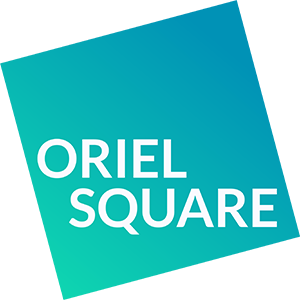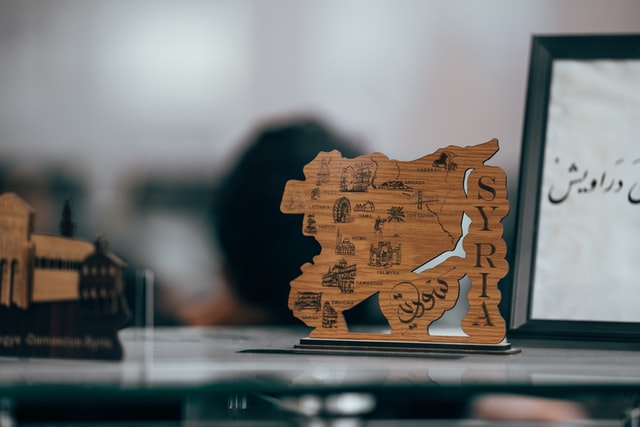Where did your journey with languages begin?
Although I was still covering core subjects, the difference in curricula was significant.
My educational history is a complicated one. Although I was born in the UK, I began by learning English as a second language (ESL) alongside Arabic. I was at two schools from a young age – an English primary school and a weekend Arabic school. My early education gave me a strong foundation for learning and I was able to read and write comfortably in both languages before moving to Syria.
The biggest change was the difference in curriculum. Although I was still learning the English language and was still covering all the core subjects, the difference was significant.
What are the learning differences between the two countries?
Learning to write in cursive, maintaining neat handwriting, and reading a book a week are the main things I remember from my primary years.
My education at primary school in the UK was heavily focused on reading and writing. I remember thinking that my handwriting book was so important. Learning to write in cursive, maintaining neat handwriting, and reading a book a week are the main things I remember from my primary years.
Once I moved to Syria, the focus shifted. I attended an American school that taught both English and Arabic and we studied core subjects in both languages.
How did you adapt to these differences?
The aim was to teach students to understand and speak the language.
The first point of difference to note was the focus of English lessons. Although I was in an American school that followed a hybrid curriculum, English was taught as a second language. The aim was to teach students to understand and speak the language.
There was a big focus on grammar and basic communication – similar to the way that foreign languages, such as French, are taught in the UK. Many of the students learning English in Syria were learning it as a second language, often to prepare them for university or international work. Since I could already speak English fluently, I had a big head start!
How did the focus shift as English language learning progressed?
Exams focused on building sentences, completing paragraphs and reading comprehension.
My younger brother joined the American school from kindergarten, where he was learning basic English and Arabic words. At the same time, my older brother and I were learning more elaborate vocabulary and grammar at a very similar level but in two different year groups. My sister, who was starting year 9 (equivalent to GCSE level), was learning more complex grammar but only to be used conversationally. The exams focused on building sentences, completing paragraphs and reading comprehension questions.
Top tips for learning a second language:
- Read as much as you can
Reading can help push your brain into thinking and understanding more. Dedicating the time to read will help make your target language become second nature.
- Watch and learn
Spend time watching tv shows in the target language using subtitles. One thing that helped me maintain both languages was immersing myself in them. Watching an Arabic show with English subtitles helped me make sense of new vocabulary while watching an English programme with Arabic subtitles helped strengthen my reading.
- Spend time speaking the language
Speaking to others (or out loud to yourself!), even if they’re also learners, can boost your confidence and help your flow and pronunciation when speaking.
- Listen to music
Listening to music can help you learn the colloquial language that you wouldn’t normally hear. Writing down the lyrics as you listen to them is one way to aid understanding and looking up any new words you come across can help cement the learning.
You can find a range of free learning resources on the government website including free functional skills courses that cover both Maths and English.
Fun fact: When I first started going to nursery, I couldn’t speak English at all. The nursery teachers had to learn some basic Arabic words to be able to understand what I was asking for. This didn’t last long though as I picked up English very quickly!

